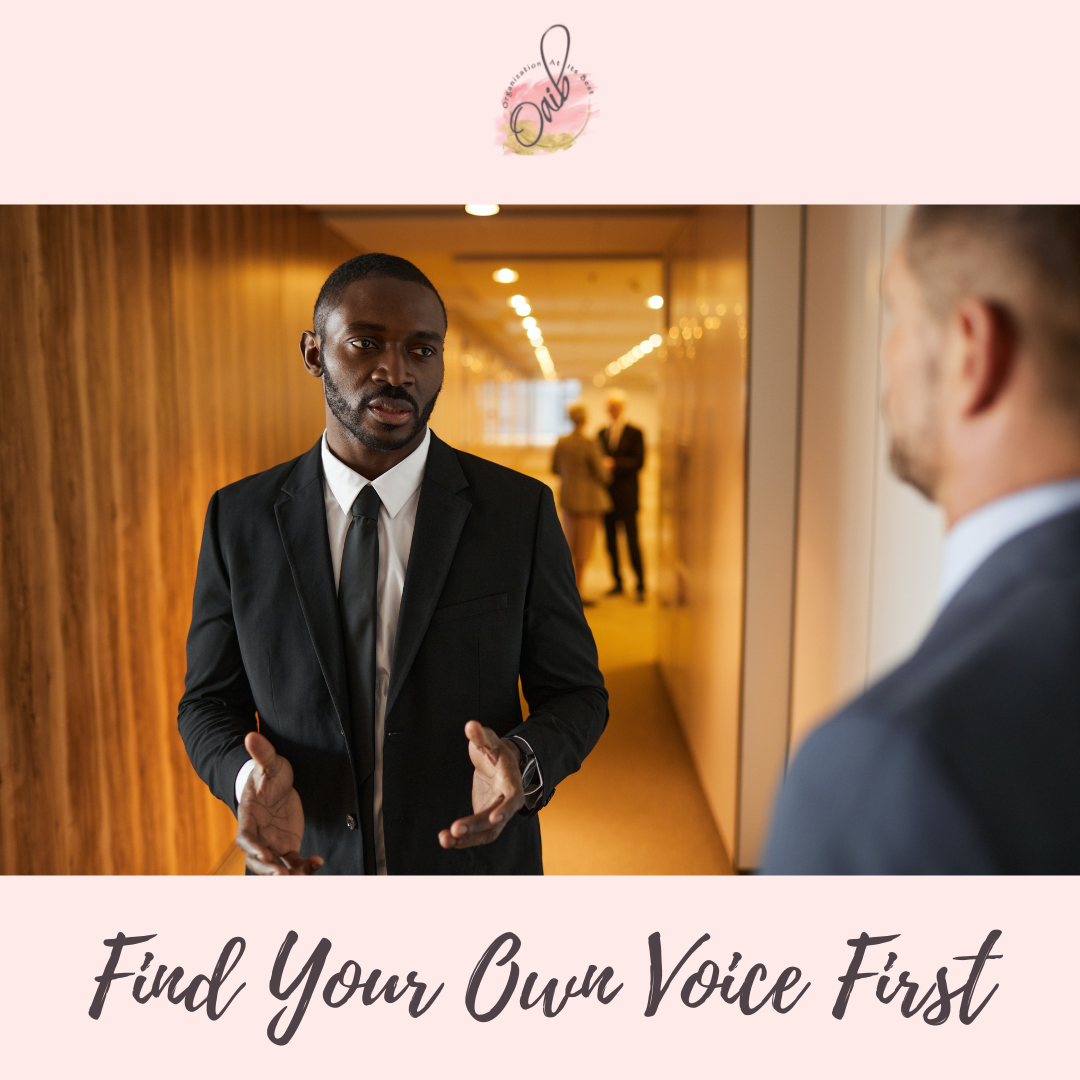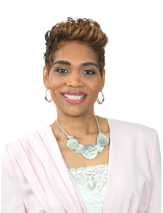
OCTOBER 14, 2022
Find Your Own Voice First
I was in the middle of my sentence when he did it.
My co-worker cut me off and started talking over me, redirecting the conversation.
Instead of shrinking, I addressed it on the spot.
“Hold on,” I interjected. “I haven’t finished my statement.” I wasn’t rude. I wasn’t unprofessional. I said it politely, but firmly.
By refusing to play small or letting his bad behavior pass, I effectively helped my co-worker pause and think.
People of Color, I am here to help you find your own voice. This is the first step to cultural and workplace change.
Readers of my blogs have heard me say “put your own oxygen mask on first.”
You will never be able to effectively call out bad behavior and hold people accountable if you’re not comfortable with your own voice.
Your voice doesn’t have to be loud, rude, harsh, reactionary, or negative. It does, however, have to be firm and true to you – coming from your place of personal power.
Setting Boundaries
After the meeting, I spoke to my co-worker. I didn’t call him out in front of others, I called him in to address the behavior.
I said, “I notice in meetings that you talk over me and other people.” I didn’t say this in a threatening way. I didn’t use judgmental language.
I continued with, “I want you to know that it’s important that I get the opportunity to get my thoughts out. Let’s give each other that courtesy going forward, OK?”
That conversation drew a line in the sand. I communicated my expectations.
You know what, he appreciated knowing what was going on with me. He recognized his bad behavior.
When you have your voice, you can use it to set boundaries.
Not everyone is comfortable with this, especially introverts, but no one will do it for you.
Power is never given away freely.
If you struggle with this, reframe your mindset to accept the fact that setting boundaries is universal, and it’s up to you to retrain people on how to treat you.
Be Honest With Yourself
To find your voice you have to tell yourself the truth.
I’m talking about when you let things slide, there’s a buildup.
You build resentment, not just because the other person was rude, but because you didn’t use your voice.
People aren’t honest with themselves about the impact inequity has on them.
Leaders aren’t honest about the health of their organizations.
We all have to recognize that we’re on a journey, and it’s okay. We’re all in different places on this journey.
By being honest, vulnerable, and willing to share, we can expose hidden blind spots and that’s where change becomes possible.
When you find your voice, you pave the way for yourself and others to make accountability possible.
It’s going to take all of us to affect change, one conversation at a time. Our coaching can help.
Organization At Its Best Founder and Chief Executive Officer, Tawana Bhagwat, has more than twenty-five years of experience directing Human Resource administration, change management, learning and development, facilitation, DEIB, and executive coaching.

